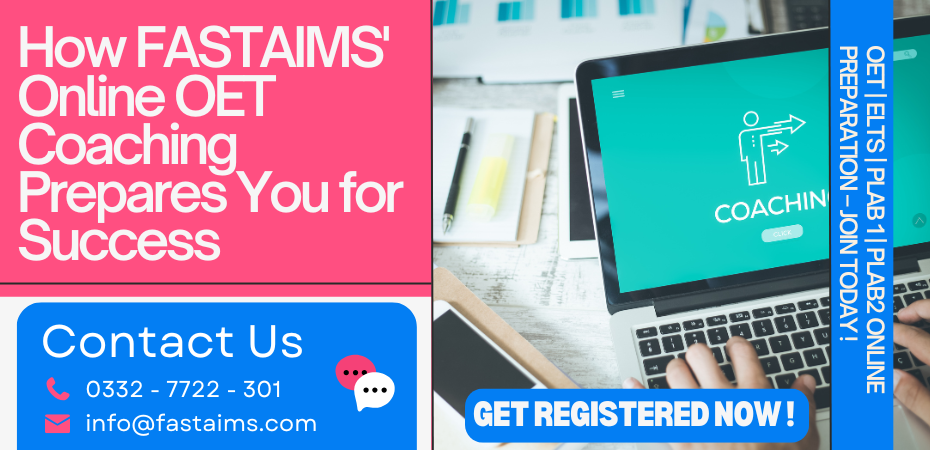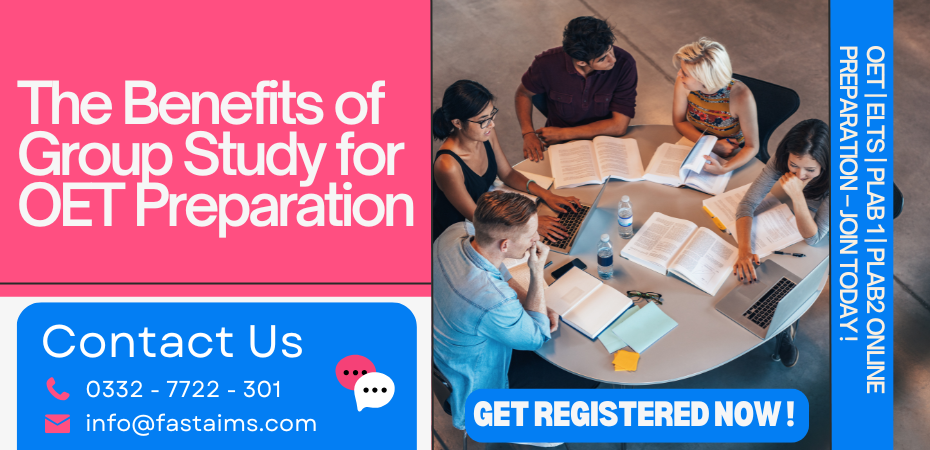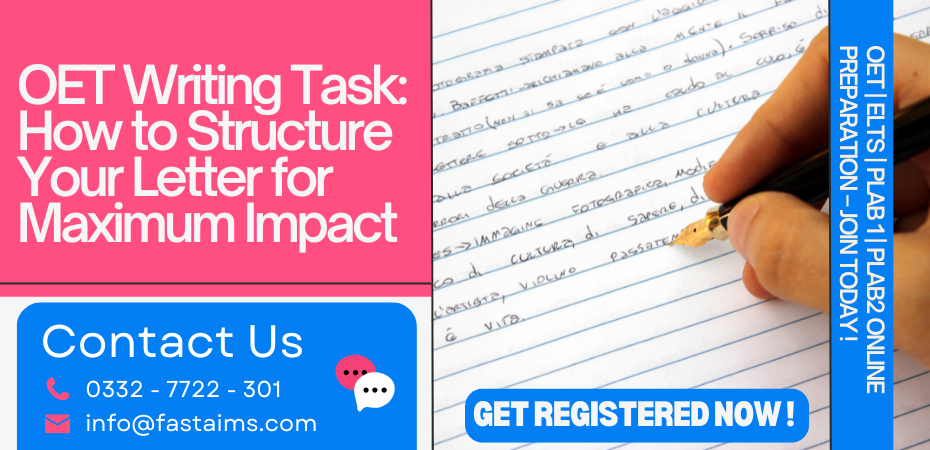How to Improve Your OET Vocabulary for Better Results
Introduction
If you’re a healthcare professional preparing for the Occupational English Test (OET), vocabulary is your secret weapon. It influences your ability to listen, read, write, and speak effectively in a clinical context. The more you understand and apply the right words, the better your chances of scoring high across all four sub-tests.
In this article, we’ll explore how to improve your OET vocabulary for better results, with proven strategies, common pitfalls to avoid, and practical tips you can start using today.
Why Vocabulary Matters in the OET Exam
The OET isn’t just testing your English—it’s assessing your ability to communicate clearly and accurately in a healthcare setting. Vocabulary is a major component of that. Whether you’re explaining symptoms, writing a referral letter, or interpreting a diagnosis, the right words make all the difference.
How Vocabulary Affects All Four OET Sub-Tests
| Sub-Test | Vocabulary Focus |
|---|---|
| Listening | Recognizing spoken medical terms |
| Reading | Understanding healthcare texts |
| Writing | Using precise terminology |
| Speaking | Explaining terms in patient-friendly language |
Understanding the Types of Vocabulary Used in OET
General Academic Vocabulary
Words like “assess,” “evaluate,” “administer,” or “refer” are not profession-specific but are frequently used in OET tasks. Learning academic vocabulary improves comprehension and professional tone.
Healthcare-Specific Terminology
This includes names of:
Conditions: hypertension, diabetes
Procedures: MRI, endoscopy
Medications: paracetamol, beta-blockers
Knowing these terms ensures clarity and professionalism in writing and speaking.
Patient-Friendly Language
You must also be able to translate complex terms into language a patient can understand. For instance, instead of “myocardial infarction,” say “heart attack.”
Best Strategies to Build OET-Specific Vocabulary
Create a Personal Medical Word Bank
Start your own OET vocabulary journal:
Write the term, definition, and example sentence
Include synonyms and collocations
Example:
Term: Hypertension
Meaning: High blood pressure
Example: “The patient has a history of hypertension for five years.”
Use Flashcards and Spaced Repetition Apps
Apps like Anki, Quizlet, or Memrise allow you to review vocabulary using spaced repetition, which improves long-term retention.
Learn Vocabulary in Context Using Case Notes and Role-Plays
Practice reading real case notes, writing referral letters, and performing role-plays to understand how vocabulary works in real situations.
How to Practice Vocabulary for Each OET Sub-Test
Listening: Focus on Commonly Used Spoken Medical Terms
Listen to OET sample audios, health podcasts, and patient interviews.
Note how professionals explain conditions and give advice.
Reading: Highlight and Decode Unfamiliar Terms
Read medical articles and highlight terms you don’t know.
Use a medical dictionary to learn their meanings and usage.
Writing: Use Vocabulary from Real Case Notes
Practice using medical terms from sample case notes in writing.
Avoid vague words—be specific and professional.
Example:
Weak: “She had a problem with her heart.”
Better: “The patient was diagnosed with atrial fibrillation.”
Speaking: Practice Explaining Medical Terms in Simple Language
Role-play with a partner or tutor.
Learn to switch from technical to layman terms.
Example:
Technical: “You’ll undergo a colonoscopy.”
Layman: “We’ll use a small camera to check inside your bowel.”
Common Mistakes to Avoid When Expanding Vocabulary
Rote Memorization Without Context
Simply memorizing word lists doesn’t help. You need to understand how and when to use terms.
Ignoring Synonyms and Collocations
Learn related phrases and expressions, like:
“Administer medication” (collocation)
“Hypertension = high blood pressure” (synonym)
Overusing Complex Jargon
Using too many technical terms in speaking or writing can confuse patients and reduce clarity. Aim for balance.
Recommended Resources for OET Vocabulary Practice
OET Official Word Lists and Study Guides
Start with the official OET preparation books and word banks available at OET’s official site.
Medical Journals and Articles
Websites like:
PubMed
BMJ (British Medical Journal)
Healthline
These help you see how medical terms are used in professional settings.
Podcasts and Videos for Medical English
Great options include:
BBC Health Check
NEJM This Week
E2OET on YouTube
These help build vocabulary in both spoken and written contexts.
Creating a Daily Vocabulary Routine
15-Minute Daily Vocabulary Plan
5 mins: Review flashcards
5 mins: Read a paragraph from a medical article
5 mins: Write 2 example sentences using new terms
Weekly Review and Self-Testing
Create a quiz for yourself or ask a friend to test you.
Record yourself using the terms in sentences.
Frequently Asked Questions (FAQs)
How Many Words Should I Learn for the OET?
There’s no fixed number, but aim for 500–700 active terms, especially related to your healthcare field.
What’s the Best App for OET Vocabulary Practice?
Enhance Your OET Vocabulary with Fastaim. For focused preparation for the Occupational English Test (OET), fastaim offers a dedicated platform for building essential medical vocabulary. Unlike general vocabulary applications, fastaim provides targeted resources designed specifically for the OET exam. Leverage efficient learning tools and track your progress to optimize your study. Access fastaim anytime, anywhere to build the robust vocabulary required for OET success.
How Can I Remember Medical Terms Long-Term?
Use spaced repetition, practice in context, and teach others—explaining terms reinforces your learning.
Conclusion: Boost Your OET Score by Mastering Vocabulary
Improving your OET vocabulary is one of the smartest and most effective ways to raise your score. It enhances your performance across listening, reading, writing, and speaking. By building your word bank gradually, practicing in context, and avoiding common mistakes, you’ll feel more confident, sound more professional, and score higher on exam day.
Start today with a focused vocabulary routine—and turn words into your greatest strength in the OET journey!




